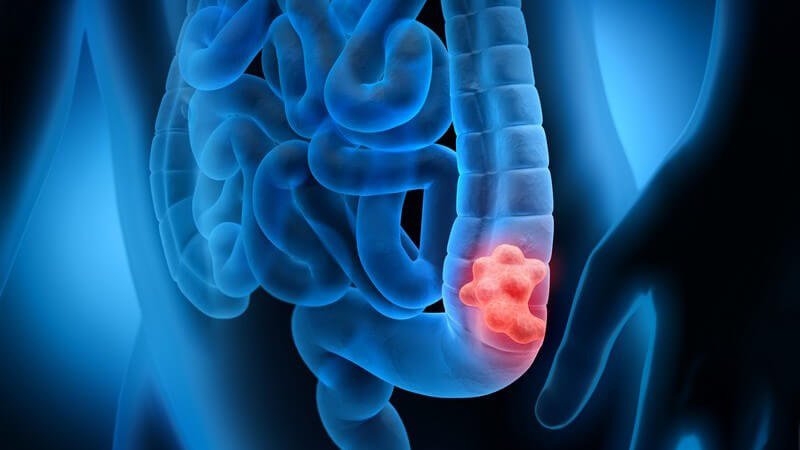
Looking further into the link between colorectal cancer and BRCA 1 and 2 genetic mutations, researchers from the Hadassah Medical Center’s Sharett Institute of Oncology, together with colleagues from Chaim Sheba Medical Center, analyzed data from 32 patients with lower gastrointestinal cancers. Nearly 63 percent of the patients were BRCA 1 carriers, and two of the patients also had anal cancer.
Though mucinous tumors are typically rare and are usually situated in the right side of the colon, carriers of the BRCA mutations were more than twice as likely to have mucinous tumors than non-BRCA carriers, and their tumors are mostly on the left side of the colon. According to the researchers, they may also have a better prognosis.
These findings led the researchers to suggest that “Ashkenazi BRCA 1 and 2 mutation carriers with colorectal cancer might have characteristics that are unique to them—that is, for example, a high rate of left-sided cancer, with what is called a mucinous histology, and accompanied by anal cancer.” For that reason, treatment may require different approaches.
The study is highlighted in the January 10, 2018, issue of European Journal of Human Genetics.
